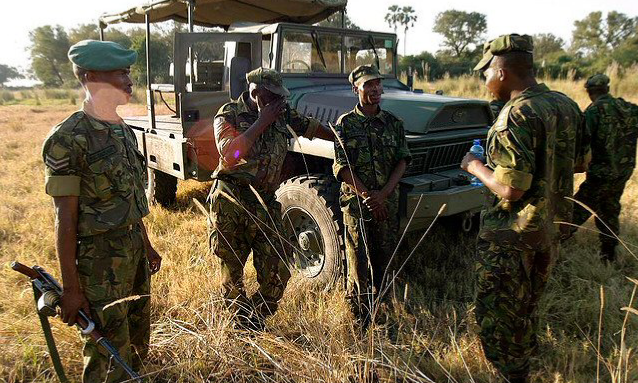
Some Catholics even cheered and applauded British soldiers, or offered them cups of tea. Residents in Derry, Belfast and other troubled areas believed that British soldiers would act with greater caution and neutrality than RUC officers or the thuggish ‘B Specials’. The arrival of British troops was welcomed by many Catholics, at least initially. “The Cabinet Security Committee authorised a formal request for the use of troops in aid of the civil power in Londonderry at 4.45pm, in view of the latest police reports indicating their inability to cope with a rapidly deteriorating situation.” A period of hope This request was made on August 14th and noted in British cabinet records: Left with no alternative, Chichester-Clark petitioned London to send in troops. When rioting, violence and gun fighting erupted in the Bogside area of Derry in August 1969, then spread to other locations in Northern Ireland, it stretched the RUC dangerously thin.

Two Northern Ireland prime ministers, Terence O’Neill and James Chichester-Clark, also resisted the urge to request military assistance to do so would be a sign their governments had lost control of the situation. The British government and British army commanders were, by all accounts, reluctant to put troops on the ground in Northern Ireland. There was also talk of introducing the military in late 1968, as the Royal Ulster Constabulary (RUC) and ‘B-Specials’ struggled to contain civil rights protests and the sectarian violence that followed.

This deployment was considered as early as 1966 when violence erupted between the newly formed Ulster Volunteer Force (UVF) and armed Republicans. 8 The impact of ‘Bloody Sunday’ Debates over deployment


 0 kommentar(er)
0 kommentar(er)
